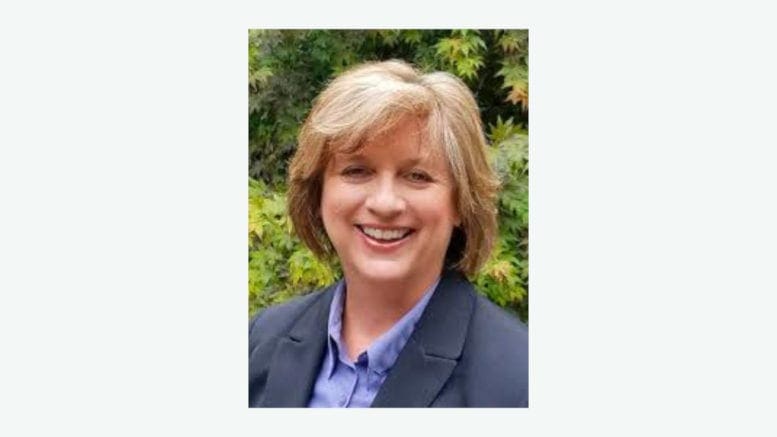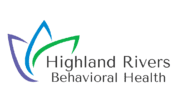By Melanie Dallas, LPC
My recent article about Lois Curtis – the Georgia woman who was plaintiff in a landmark Supreme Court decision affecting people with disabilities – provides good background for a deeper discussion about people with disabilities and the services available to them as a result of her perseverance.
March is National Disabilities Awareness Month and a timely opportunity to learn more about intellectual and developmental disabilities, how disabilities impact individuals, and the fundamental changes in the lives of people with disabilities in the years since Lois Curtis prevailed in her case.
The National Institute of Child Health and Human Development describes intellectual and developmental disabilities (IDDs) as differences that are usually present at birth and that uniquely affect the trajectory of the individual’s physical, intellectual, and/or emotional development. These conditions can affect multiple body systems and can impact such things as fine motor skills, speech and movement.
According to the World Health Organization, disability has three dimensions:
Impairment in a person’s body structure or function, or mental functioning; examples of impairments include loss of a limb, loss of vision or memory loss.
Activity limitation, such as difficulty seeing, hearing, walking, or problem solving.
Participation restrictions in normal daily activities, such as working, engaging in social and recreational activities, and obtaining health care and preventive services.
Even with these factors, a person with a disability can live in his or her community – but may need support or assistance to carry out the routine functions of daily living, including self-care, working at a job, attending school, or playing sports.
In Georgia (and most states), prior to the 1999 Supreme Court decision in Olmstead vs LC, many individuals with disabilities that required higher levels of support and assistance often had little choice but to live in state hospitals or other institutional settings; services to support them in their communities simply did not exist.
Following that landmark case – in which the court decreed that individuals could not be institutionalized simply because they had a disability, and more important, that states had to ensure services were available to people in their communities – hundreds of thousands of Americans with disabilities have transitioned out of hospitals to living in their communities.
As part of that transition, the State of Georgia has taken several steps to ensure the availability of community-based services and supports for individuals with disabilities in our state. Community Service Boards, such as Highland Rivers Behavioral Health, provide a variety of IDD services including day programs – which we offer in Cobb, Haralson, Polk and Whitfield counties – pre-vocational training, supported employment and a variety of community living options based on each individual’s needs and preferences.
In addition, the state funds Medicaid waivers which pay for services to support individuals with IDDs living in the community. The NOW Waiver (New Options Waiver) provides supports for people with disabilities who need less intensive services and do not need 24-hour care. The COMP Waiver (Comprehensive Supports Waiver) is for people who need a full range of out-of-home services or intensive in-home services. Both waivers also support a basic set of services including assistance with daily living activities, home health services and service coordination.
As we recognize National Disabilities Awareness Month, we should all be aware that over the past generation, our society has made significant and positive changes to our collective understanding of people with disabilities, their ability to live in the community, and the value of inclusion in our communities, schools and workplaces. Highland Rivers is proud to serve these individuals in their community – our community – and to support everyone who strives to live their best life and the life of their choosing.
Melanie Dallas is a licensed professional counselor and CEO of Highland Rivers Behavioral Health, which provides treatment and recovery services for individuals with mental illness, substance use disorders, and intellectual and developmental disabilities in a 13-county region of northwest Georgia that includes Bartow, Cherokee, Cobb, Floyd, Fannin, Gilmer, Gordon, Haralson, Murray, Paulding, Pickens, Polk and Whitfield counties.



